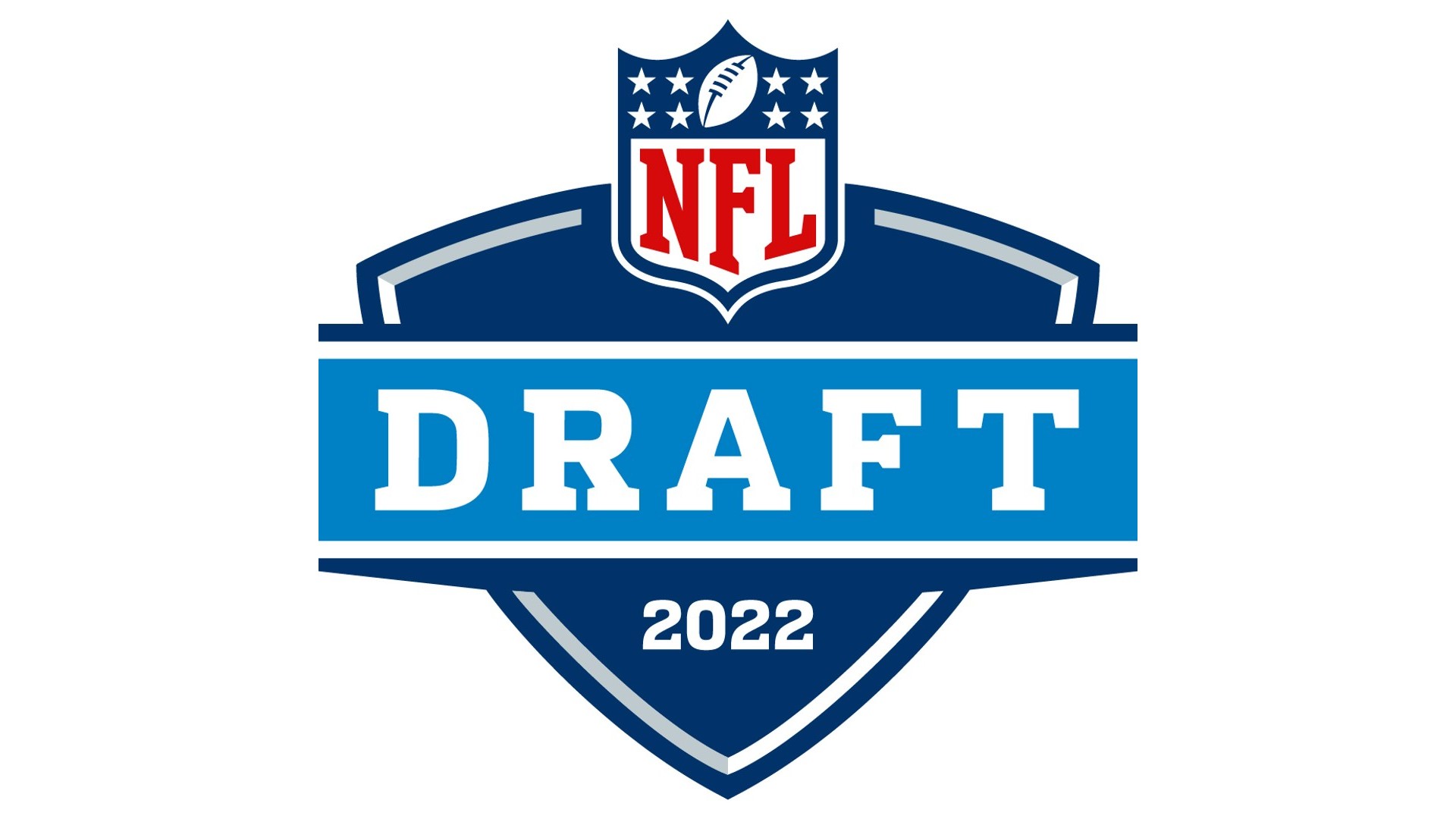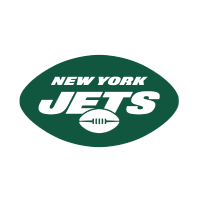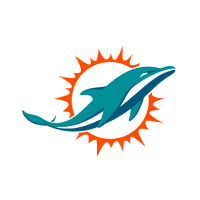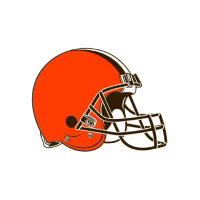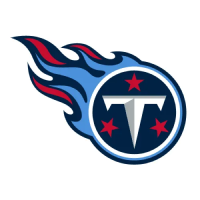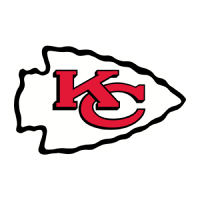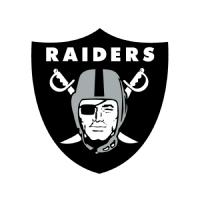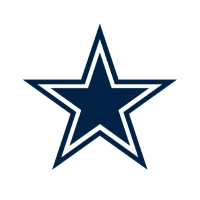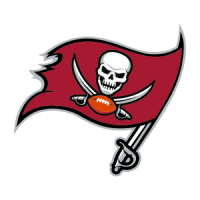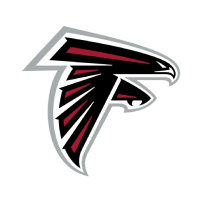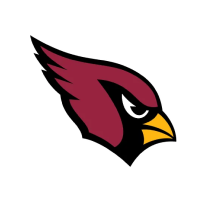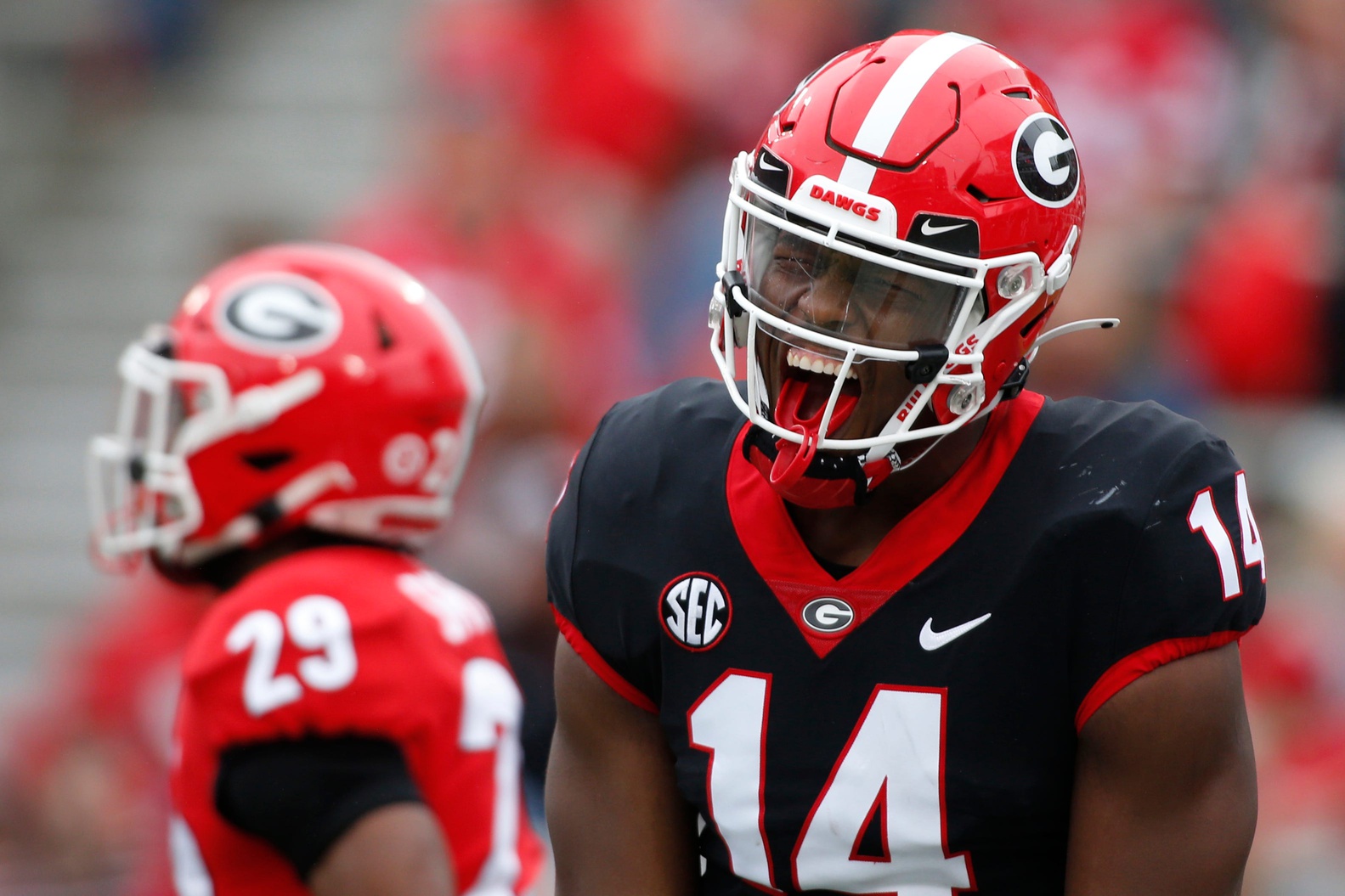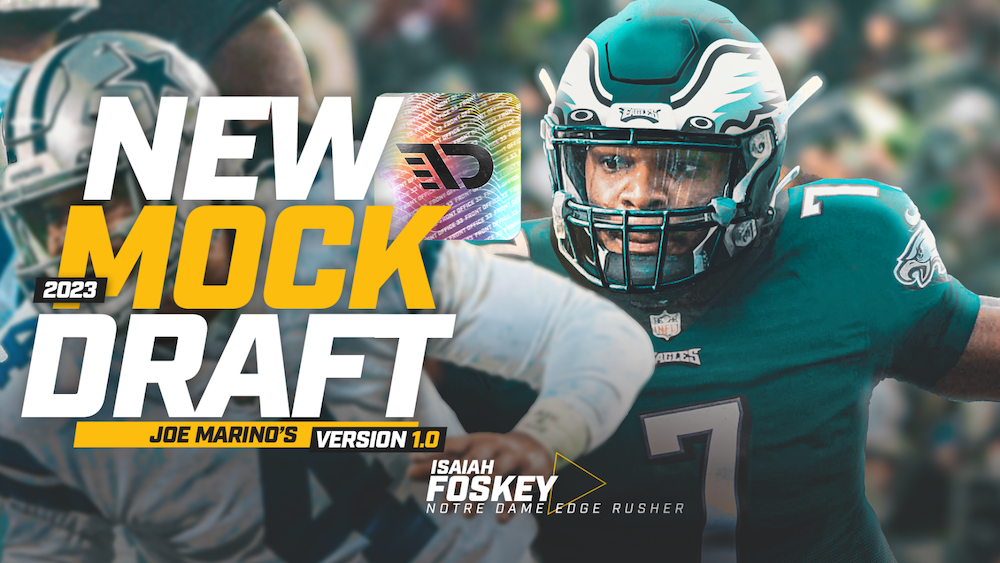I’m going to start listing the 2021 national championship odds. You tell me what you notice.
- Alabama +260
- Clemson +500
- Oklahoma +650
- Ohio State +675
- Georgia +700
- LSU +2500
- Texas +2500
- Texas A&M +2500
- Florida +3300
- Iowa State +3300
- Oregon +3300
It feels like maybe there are only a few real contenders, huh?
It makes sense. Alabama, Clemson, Oklahoma, Ohio State, and Georgia are simply the blue bloods, and every other team is racing for sixth place. The College Football Playoff structure has existed for seven seasons, and only in 2014—the first year of the system—did fewer than three of those five teams make it to the playoffs. That doesn’t mean that only these five have a shot this year; it just goes to describe why the drop-off is so steep.
I’d love to tell you that Texas A&M has enough talent to hang and that I believe in Jimbo Fisher, who has indeed coached a playoff team when he was with Florida State in 2014. But I don’t like a freshman quarterback playing behind an offensive line returning only one starter. Florida’s deep, but again, new QB. Oregon’s loaded, but guess what position gives me my biggest doubts?
The quarterback helps define the window for these plucky teams hoping for a surprise playoff berth. The 2013 and 2014 Heisman Trophy winners both made the playoffs in 2014 with Jameis Winston from Florida State and Marcus Mariota from Oregon, respectively; Washington’s 2016 playoff berth was the product of Jake Browning’s best season as a college passer, on top of the typically stifling Husky defense. When Georgia finally broke through in 2017, it was on the back of Jake Fromm’s stunning freshman campaign. Fromm is one of only three true freshman quarterbacks to start for a playoff team. His Bulldogs endured a loss to Alabama in the 2017 championship; Fromm went 16-of-32 passing and threw two picks, watching another freshman in Tua Tagovailoa step into the limelight with a game-winning toss. Tagovailoa famously replaced Jalen Hurts, who was benched at the half after another poor performance in a national championship. Hurts went 13-of-31 passing in the 2016 championship when he was a freshman starter facing Clemson. The last true freshman? Trevor Lawrence. That one actually went well.
Adding in redshirt quarterbacks doesn’t make things too much prettier. J.T. Barrett’s Ohio State got blanked by Clemson in a 2016 semifinal, and that’s it. Young quarterbacks simply don’t often make it into the national championship, let alone win it—even on the best teams that are still able to eek their way into the playoffs. Yet that’s the challenge that faces all of those blue bloods, save for Oklahoma. Clemson projects to start D.J. Uiagalelei; Alabama projects to start Bryce Young; Ohio State projects to start C.J. Stroud. Each saw limited action in garbage time last season; Uiagalelei got a couple of starts while Lawrence on the COVID-19 list. But none are proven players, and all step into the humongous shoes left by Lawrence, Mac Jones, and Justin Fields.
Oklahoma returns Spencer Rattler, a rising redshirt sophomore; Georgia returns JT Daniels, a four-game starter from last season and transfer from USC. Daniels has plenty of experience under his belt—he was a true freshman starter for the Trojans in 2018—and looked good in limited exposure last season. And unlike Oklahoma, which has been to three of the last four playoffs, but never a national championship, Georgia’s lone playoff berth became an overtime loss in the natty.
Georgia’s had a tough time getting that playoff bid given the depth of the SEC, but this is a great year for it. The team has a Week 1 game against Clemson that will serve as a statement win on its resume, offering insurance even in the event of an SEC championship loss; Georgia’s SEC slate is weak this year, as it plays neither Alabama nor Texas A&M in regular-season scheduling. Win the SEC championship, and the Bulldogs should be in no matter what; beat the Tigers, and even if they lose it, they’ll still have a really strong case as a one-loss non-champion.
Georgia’s odds at +700 are more attractive than Oklahoma at +650, even with the quarterback situation in Oklahoma considered, because we have too much data on Oklahoma’s defensive struggles against playoff-caliber opponents. Georgia’s team is more balanced and better built for a playoff run, and the heat is certainly on for Kirby Smart and his coaching staff. If there’s a year to do it, it’s this one.
Filed In
Related Articles
NFL Draft
Arik Gilbert Doesn’t Need Big Workload To Be A Top NFL Draft Pick
- Aug 22, 2022
NFL Draft
2023 NFL Mock Draft: Marino 1.0
- Aug 22, 2022
Written By
